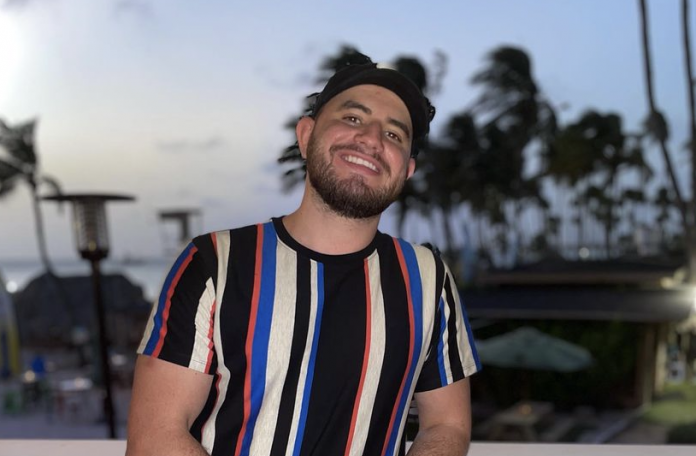We live in such an academically credentialed culture, it’s sometimes easy to forget how many entrepreneurs achieve prominence without a college degree. Steve Jobs, co-founder of Pixar and Apple, dropped out of college. John Mackey, CEO and co-founder of Whole Foods, is also a college drop out. As is Ralph Lauren, Michael Dell, Rachael Ray, and the most famous Harvard dropout of all time, Mark Zuckerberg. I sat down for a conversation with Omer Bloch, CEO, founder of FAVA, podcast host, and two-time college drop out to discuss, of all things, education.
Considering the number of successful entrepreneurs who choose to drop out of college, what do you think turns them off from finishing their degree?
Omer Bloch: I think there are two models of education. One is learning by telling and the other, learning by doing.
Learning by telling is what’s traditional. It’s the large university lecture hall with one hundred students and the professor sandwiched between a lectern and a white board telling you what you need to know. Evaluation is based on repeating what you were told on a final exam. It’s teaching on a mass scale and for some people, like me, it’s a massive turn-off.
Do you see any way around that?
Omer Bloch: Well, some universities have introduced entrepreneur incubation hubs and more credit for internships or job experience. But
it’s still top-down learning. Someone else is still setting the pace and the curriculum.
What about the second model?
Omer Bloch: Learning by doing is hands-on, more like an apprenticeship. The curriculum is self-directed. It’s wide open and unique to each learner. Unlike the top-down model, it often blurs the line between teacher and student. Evaluation is based on real-time goals and expectations. A relationship often develops that outlasts the intended experience. You won’t get an official diploma, but you just might be happier and go as far in life as anyone with a degree.
Would you explain what you mean by blurring the line between teacher and student? I’m not sure I get that.
Omer Bloch: Sure. It’s cliché, but society says that if you want to make-it in life, you need to go to college. We’re told profs are the gurus who hold the secret to success. If we learn what they say, we’ll get to hang a piece of paper on the wall, get a good job, and we’ll be happy.
Instead, I discovered teachers and mentors come from all walks of life. They come from schools and CEO boardrooms, but they also sell cars, make music, play golf, serve in the military, coach fitness, volunteer in food pantries, create websites – the list is endless.
When I drove an Uber, I would pass a blank journal to my riders. Give me advice, I’d say. Please tell me what you know. You’d be astonished what ended up in that journal. One day, I want to publish it. It reveals that everyone you meet is a teacher. Some are just better than others. Teaching and learning are a lifelong process that can happen anywhere, not just in school.
How do you learn?
Omer Bloch: I read a lot, listen to podcasts, invest in programs and courses, but most of all I develop relationships with people. My business, FAVA, is all about connecting the right people to the right opportunity. It doesn’t get any better than financially succeeding at something you love to do, while making a positive impact.
What advice would you give about the value of a college education for someone who wants to become an entrepreneur?
Omer Bloch: Issac Asimov, the science fiction writer, once said – and I may be paraphrasing here- self-education is the only kind of education there is. If college makes that easier or helps you learn how to do that, then don’t skip the degree. But if you’re already self-directed and ambitious, it might be a better ROI to at least take a gap year. Try all sorts of jobs. Investigate different careers. Travel. Ask questions. As someone once said to me when I couldn’t decide what to do, “College will always be there.”

